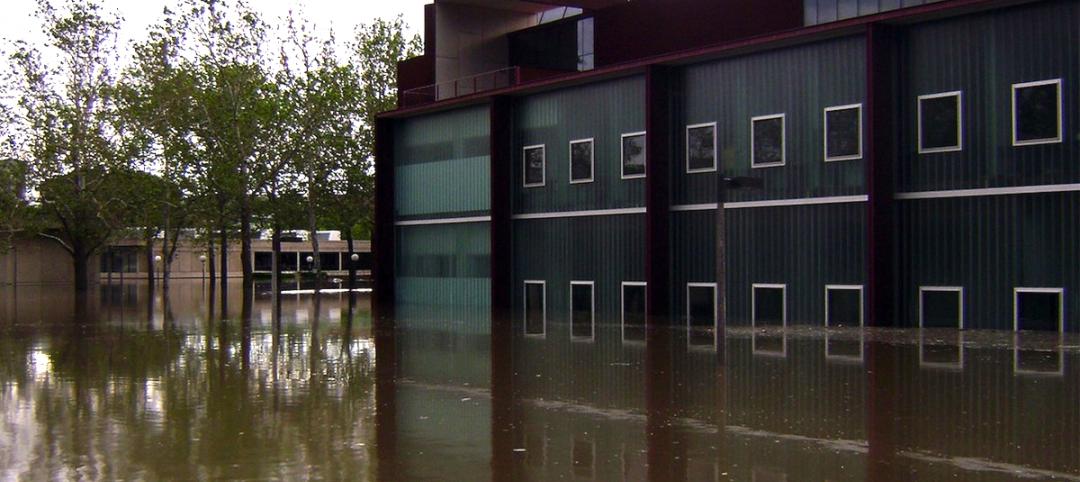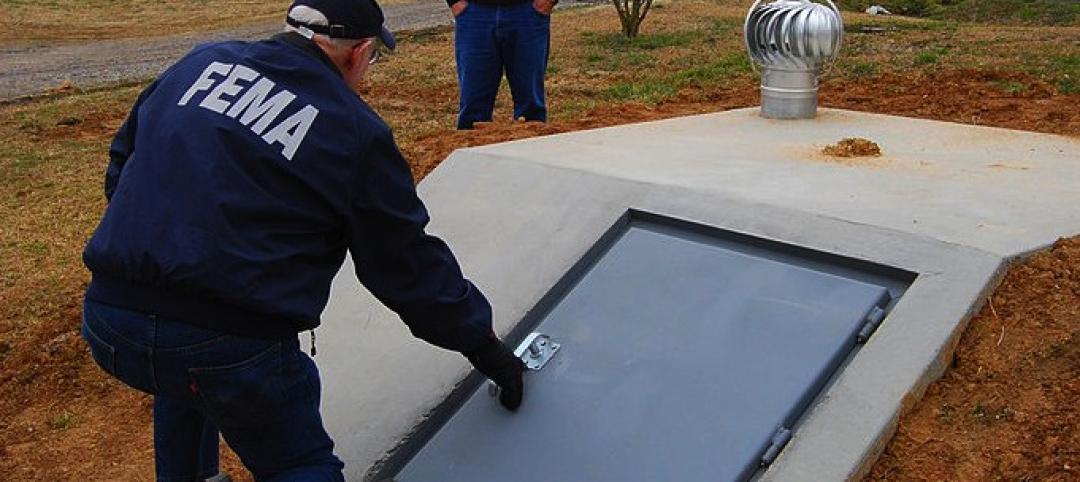The construction industry and real estate development could be hampered by the U.S. Congress’s failure to renew the Terrorism Risk Insurance Act (TRIA).
Insurance industry experts say without federal terrorism reinsurance in place for 2015, resulting canceled property/casualty insurance coverage and market chaos could be disruptive to the economy.
"A major terrorist attack occurring without a TRIA law on the books will be far more disruptive to the U.S. economy than one where TRIA is in place," saidInsurance Information Institute President Robert Hartwig. “Terrorism insurance policies are going to lapse in 2015, and insurers will be under no obligation to renew them, adversely impacting the construction, energy, and real estate industries, among others.”
Federal terrorism reinsurance had helped stabilize the market in the wake of the Sept. 11, 2011 terrorist attacks, and it had been renewed several times since. There was widespread bipartisan support for TRIA renewal, but retiring U.S. Sen. Tom Coburn, an Oklahoma Republican, held up passage. Coburn objected to a measure included in the bill that would have set up the National Association of Registered Agents and Brokers, an entity that would have potentially bypassed state regulators.
One positive sign: A.M. Best said it “has determined that no rating actions on insurers previously identified as over-reliant upon [TRIA] are necessary at this time.” The rating agency said it reviewed action plans from insurance carriers addressing what they would do if TRIA was not renewed and concluded that “sufficient mitigation initiatives were developed to avoid a material impact on a rating unit’s financial strength.”
(http://www.insurancejournal.com/news/national/2014/12/18/350561.htm)
Related Stories
Codes and Standards | Feb 6, 2015
Obama executive order requires federal construction projects to consider flood damage caused by climate change
To meet the new standard, builders must build two feet above the currently projected elevation for 100-year floods for most projects.
HVAC | Feb 6, 2015
ASHRAE, REHVA publish guide to chilled beam systems
The guide provides tools and advice for designing, commissioning, and operating chilled-beam systems.
Codes and Standards | Feb 2, 2015
AGC working with EPA on website to help with environmental rule compliance
The goal is for the site to be improved to make it easier for construction contractors to learn how to comply with federal and state environmental guidelines.
| Feb 2, 2015
New York law requires informing firefighters of wood truss construction
New York enacted a law that could make firefighting a bit safer by mandating property owners inform government and first-responders when they build or rehabilitate a building using "truss-type" pre-engineered wood or timber.
| Jan 14, 2015
Ontario code changes boost accessibility for people with disabilities
The new amended Ontario building code includes several provisions that improve accessibility for those with disabilities.
| Jan 14, 2015
American Concrete Institute releases Spanish edition of structural concrete code
New York City last year adopted the National Institute of Standards and Technology (NIST) recommendation to require additional exit stairways in high-rise buildings.
| Jan 14, 2015
Terrorism Risk Insurance Act renewed
President Barack Obama signed the Terrorism Risk Insurance Act law on Jan. 12.
| Jan 9, 2015
Academy of Art in San Francisco under fire for code violations
The fast-growing Academy of Art is under intense scrutiny by the City of San Francisco for code violations.
| Jan 9, 2015
New law mandates storm shelters in Illinois schools
An Illinois law took effect on Jan. 1 that requires all new and remodeled schools to have storm shelters.
| Jan 9, 2015
New OSHA regulations on reporting workplace deaths, hospitalizations take effect
As of Jan. 1, all employers under the jurisdiction of OSHA are required to report all work-related fatalities within eight hours and all in-patient hospitalizations, amputations, and losses of an eye within 24 hours.













